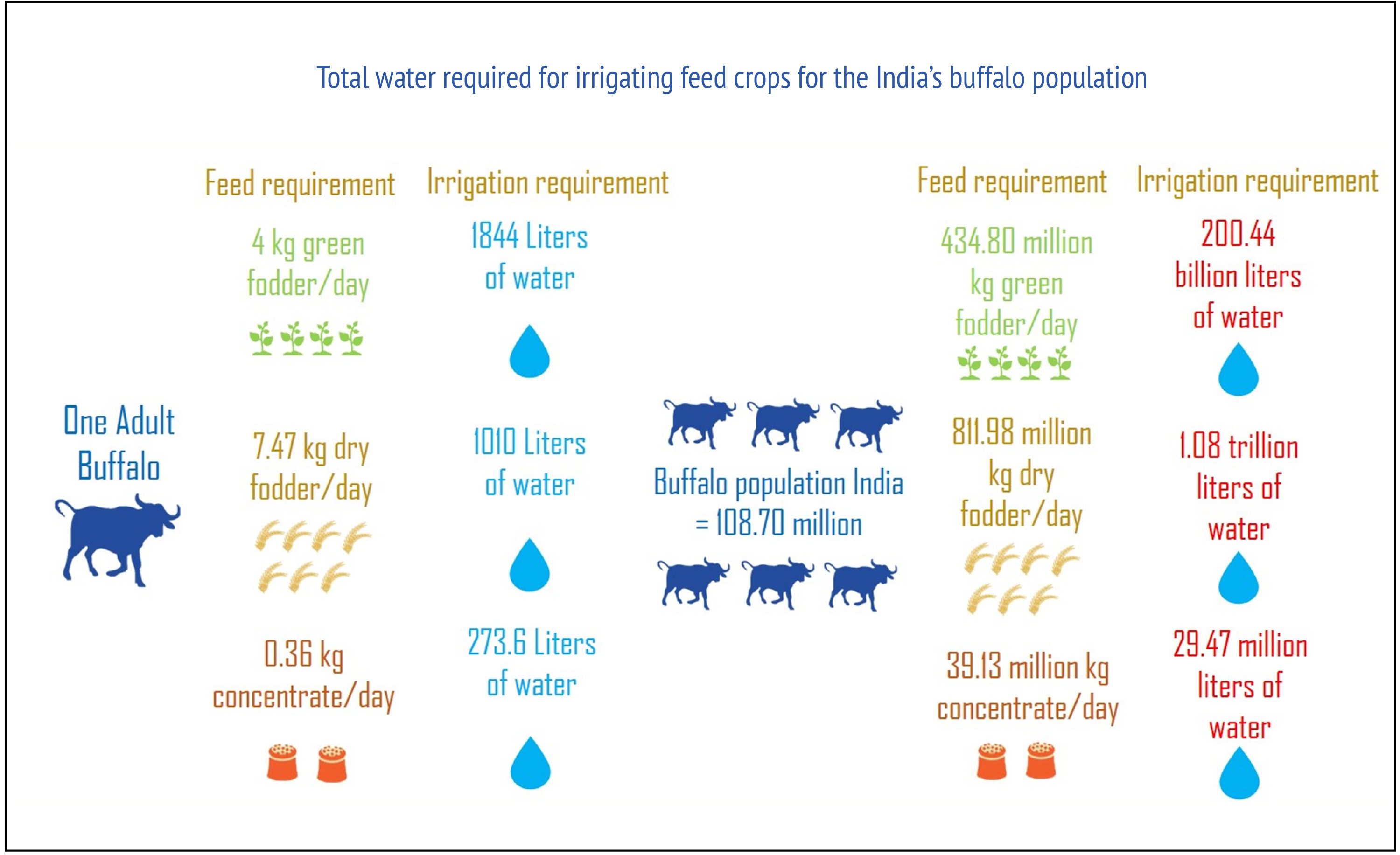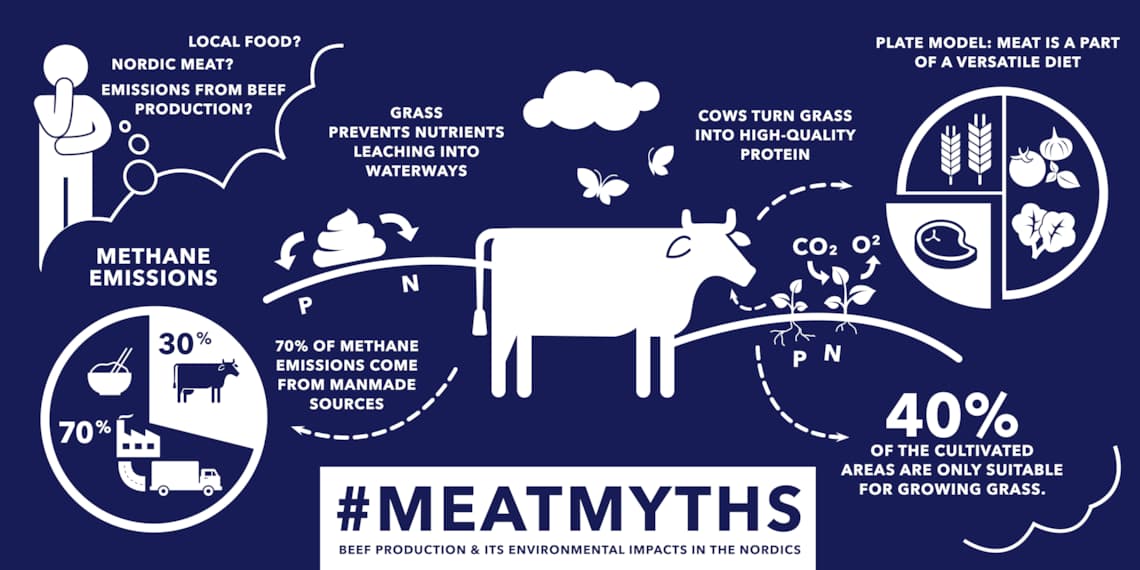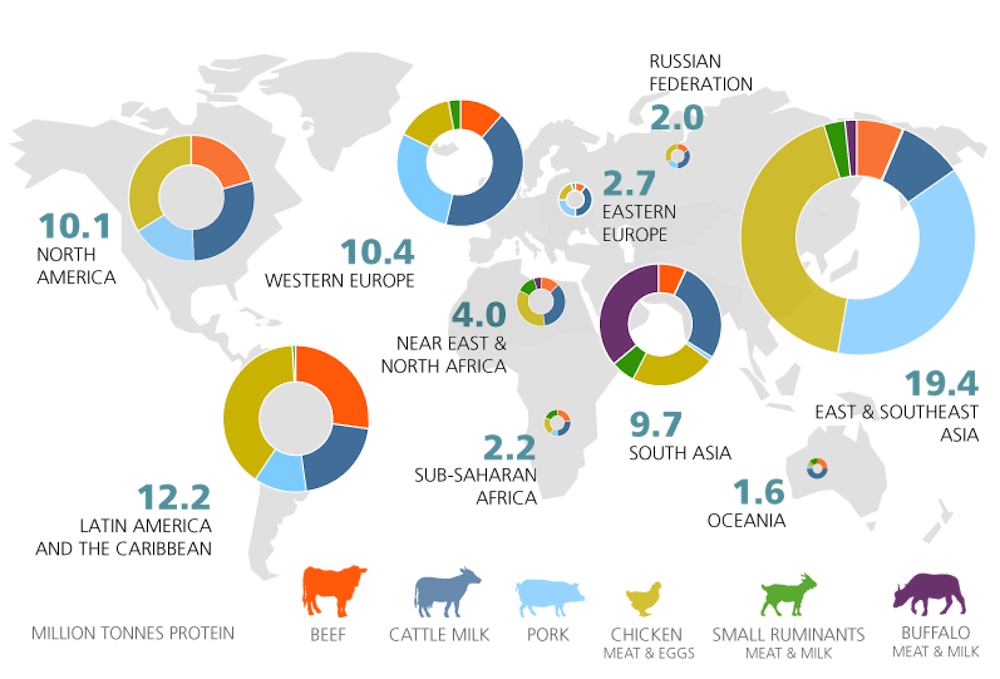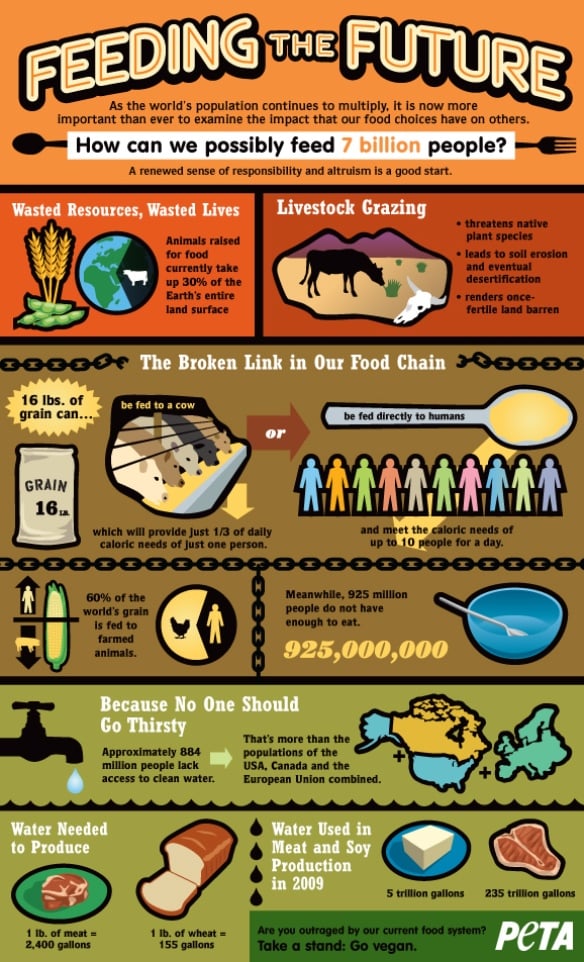Hence the easiest solution to save yourself from this negative environmental impact is to buy meat regionally. In total meat production demands almost 2300 trillion tons of water every year thats 72 million liters a second.
 Meat Consumption Health And The Environment Science
Meat Consumption Health And The Environment Science
All meats have a higher climate land and water footprint than the same quantity of plant-based foods.

Meat and the environment. Our meat consumption habits take a serious toll on the environment. The consumption of different types of meat and meat products has substantial effects on peoples health and livestock production can have major negative effects on the environment. In the worst case meat from ruminants like beef and lamb this can be.
Both the global average per capita consumption of meat and the total amount of meat consumed are rising driven by increasing average individual incomes and by population growth. The following information is a great resource to help you understand the complexity of this issue. It requires at least 15500 liters of water to produce 1 kilo of beef.
Environmental effects of meat production Meat production requires gigantic amounts of water. Meat and the Environment Raising animals for food requires massive amounts of land food energy and water and causes immense animal suffering. Once you start to read articles like this you will hopefully get less and less taste of meat.
Globally animal agriculture is responsible for more greenhouse gases than all the worlds transportation systems combined. The worksheet focuses on vocabulary development and reading comprehension. Artificial meat production can potentially support the achievement of many social economic and environmental goals emphasised in the EUs Seventh Environment Action Programme eg.
2019-09-05 In this lesson students read an article about how meat consumption has a negative impact on the environment and our wellbeing according to the author. The consumption of different types of meat and meat products has substantial effects on peoples health and livestock production can have major negative effects on the environment. The belief that stopping the consumption of meat will be a net benefit for the environment is patently false when examined comprehensively.
This article does not even cover the health aspect but that is a quite significant factor as well. When meat travels across the continent it burns fuel and produces emissions that harm the environment. Protecting natural capital the bioeconomy strategy eg.
There is a huge array of factors involved in the environmental impacts of eating meat. Eating meat has dire consequences for the planet says report. GrowthThe consumption of different types of meat and meat products has substantial effects on peoples health and livestock production can have major negative effects on the environment.
Improving food security as well as promoting the transition to a low-carbon. Using plant products to feed livestock requires large amounts of land use and leads to deforestation. In fact it has such a devastating effect on all aspects of our environment that the Union of Concerned Scientists lists meat-eating as one of the biggest environmental hazards facing the Earth.
The use of grain soy and corn as feed is much less efficient than if they were to be consumed directly by humans. Here we explore the evidence base for these assertions and the options policy-makers have should they wish to intervene to affect population meat consumption. It also has to be stored and cooled in the meantime which produces even more greenhouse gas emissions.
Slowing down land degradation and the Sustainable Development Goals eg. While meat production does have an environmental impact there is far more nuance to the discussion. Instead of the lesson being to scare people about climate change it is more personally apt for people to consider the health of meat and dairy products they are eating - to avoid pesticides and antibiotics and any other malfunctions to our system which can be caused buy cattle not kept free range and organic.
According to the Environmental Working Group EWG the production processing and distribution of meat. Educate yourself about the environmental impact of meat. To feed a growing global population and curtail climate change scientists say we need to radically change our food systems.
If you care the slightest about the environment you should reduce the amount of meat you eat.
 Meat Consumption Health And The Environment Science
Meat Consumption Health And The Environment Science
 How Is India S Meat Industry Impacting The Environment Indiabioscience
How Is India S Meat Industry Impacting The Environment Indiabioscience
 How Much Would Giving Up Meat Help The Environment The Economist
How Much Would Giving Up Meat Help The Environment The Economist
 Meat Eating And The Environment An Open Letter To Sunita Narain Ecologise
Meat Eating And The Environment An Open Letter To Sunita Narain Ecologise
 Plant Based Chicken Plant Based Meat Alternative Shandi Global
Plant Based Chicken Plant Based Meat Alternative Shandi Global
 On The Impact Of Meat Consumption On The Environment And My Incapability Of Not Eating Chicken Steemit
On The Impact Of Meat Consumption On The Environment And My Incapability Of Not Eating Chicken Steemit
 The Environmental Impact Of Meat Explained Simply Eco Peanut
The Environmental Impact Of Meat Explained Simply Eco Peanut
 The Real Environmental Impact Of Red Meat Part 1 Chris Kresser
The Real Environmental Impact Of Red Meat Part 1 Chris Kresser
 Six Reasons Why Meat Is Greener Than You Think Meat Up
Six Reasons Why Meat Is Greener Than You Think Meat Up
 Busting Meatmyths Is Beef Production Really A Major Threat To The Environment
Busting Meatmyths Is Beef Production Really A Major Threat To The Environment
 Understanding The Environmental Impact Of Meat In 4 Minutes Slow Food International
Understanding The Environmental Impact Of Meat In 4 Minutes Slow Food International
 Yes Eating Meat Affects The Environment But Cows Are Not Killing The Climate
Yes Eating Meat Affects The Environment But Cows Are Not Killing The Climate
 On The Impact Of Meat Consumption On The Environment And My Incapability Of Not Eating Chicken Steemit
On The Impact Of Meat Consumption On The Environment And My Incapability Of Not Eating Chicken Steemit


No comments:
Post a Comment
Note: Only a member of this blog may post a comment.